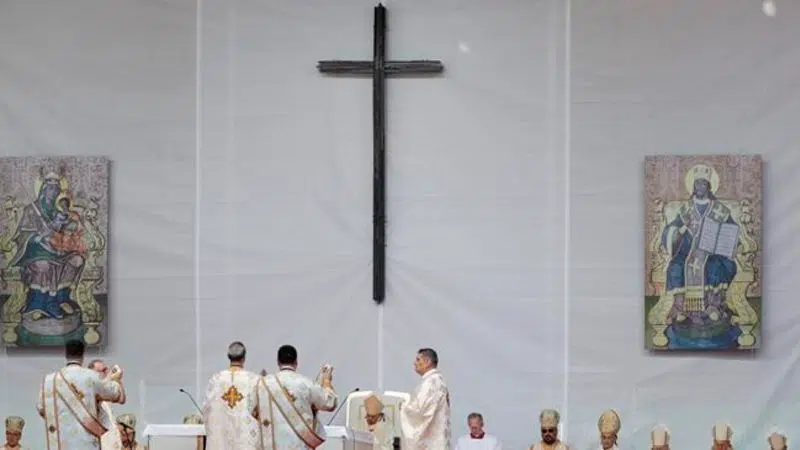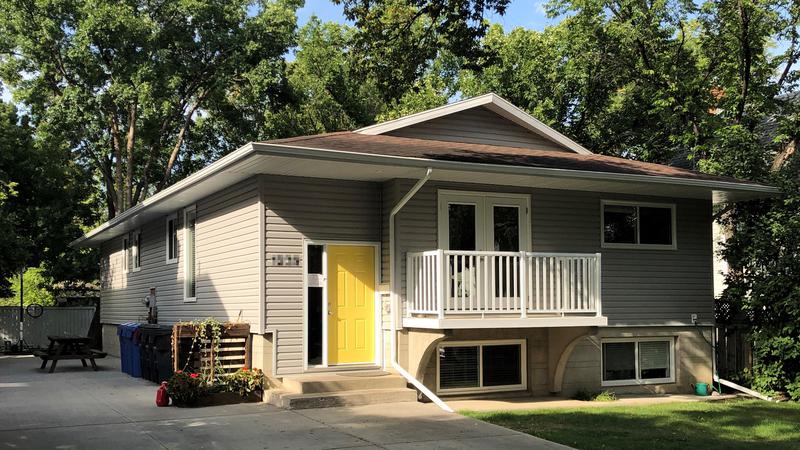
Pope warns of new ideologies as he beatifies Romania martyrs
BLAJ, Romania — Pope Francis paid homage Sunday to Catholics who were persecuted, tortured and killed during Romania’s communist regime by beatifying seven bishop martyrs on his third and final day in the country.
Francis presided over the eastern rite liturgy in Blaj, a stronghold of the Greek-Catholic Church that was outlawed during communism. The seven bishops had been arrested and imprisoned between 1950 and 1970 for adhering to their faith.
Francis held them up as models for the Romanian faithful today, saying they “gave their lives to oppose an illiberal ideological system.”


